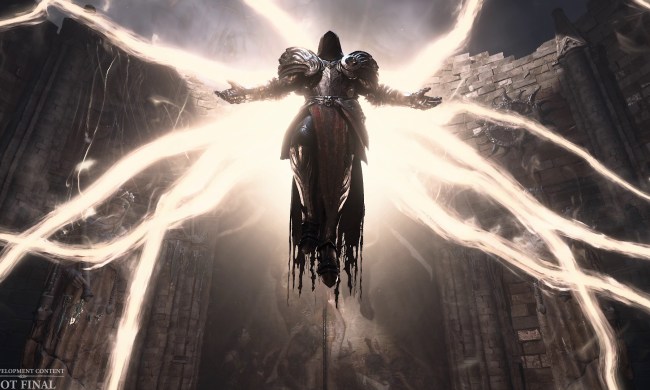
Microsoft continues to expand its home entertainment empire. The Xbox 360 is already positioning itself as the set top box of the future, growing its base of video and television apps at an increasing rate—Xbox Live saw 40 new entertainment apps released in December alone. Even though Windows 8 hasn’t yet connected with audiences, it’s positioned to link the world of Xbox console and PC for an all-encompassing home entertainment business. The Xbox 720 may be more than just a hub for entertainment in the home, though. Based on Microsoft’s latest corporate acquisition, it could be an interface for all home appliances.
The Wall Street Journal (via Venture Beat) reported on Thursday that Microsoft acquired the startup id8 Group R2 Studios for an undisclosed amount. The purchase ended a small scale bidding war for the company between Apple, Google, and Microsoft.
Those tech giants wanted R2 for its home automation technologies, as well as the patents related to them. Blake Krikorian, founder of streaming media tech company Slingbox, opened R2 Studios for business in 2012 moving into the realm of smartphone and tablet apps that control various appliances. R2 released just one app as an independent company, R2 Control for Creston, which turns handheld devices into remote controls for any Creston automation system. (Creston creates systems for controlling lighting, heat, etc. in homes and businesses.)
According to the Wall Street Journal, Microsoft wants R2 first and foremost for the Xbox brand, likely to enhance the nascent Xbox Smartglass. More people would probably use Xbox Smartglass if it could control their home entertainment set up and even the lights in their living room rather than just showing them an IMDB page for movies rented from Xbox Video.
Microsoft’s interest in R2 and its patents is only logical. The video game console business has already started to push beyond content. Nintendo’s new Wii U console is a prime example. The GamePad’s most innovative feature is arguably its dual service as both game controller and television remote. The combination of television control, the fledgling Nintendo TVii service unifying both streaming and live television access, and game remote gives the Wii U great prominence in a family living room. With Microsoft’s grand designs on competing (or partnering with) cable companies, R2’s tech will likely be a key component of the next Xbox.


